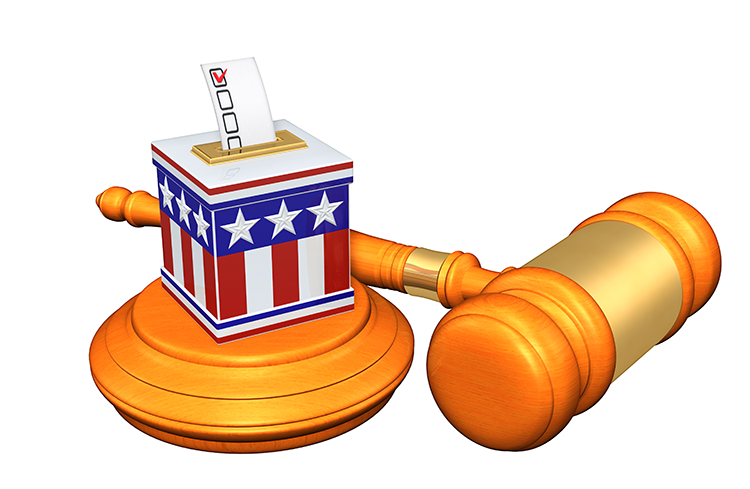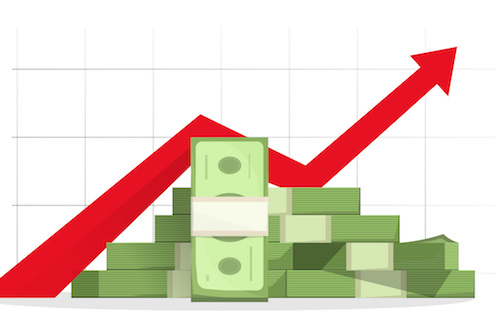SCOTUS refuses to reinstate extended deadline for absentee ballots in Wisconsin

Image from Shutterstock.com.
The U.S. Supreme Court on Monday evening refused to reinstate a judge’s extended deadline to count absentee ballots in Wisconsin.
The vote was 5-3, report SCOTUSblog, the New York Times, Politico and the Washington Post. Democrats and civil rights groups had sought the longer deadline.
U.S. District Judge William Conley of the Western District of Wisconsin had granted the extension, which allowed ballots postmarked by Election Day to be counted for six days after the election.
In a concurrence, Chief Justice John G. Roberts Jr. said the case involved a federal “intrusion on state lawmaking process.”
“In this case, as in several this court has recently addressed, a district court intervened in the thick of election season to enjoin enforcement of a state’s laws,” Roberts wrote.
Roberts contrasted the case with with another involving not a federal court decision but a decision by the Pennsylvania Supreme Court that applied the state constitution to election regulations. In the Pennsylvania case, the Supreme Court split 4-4, leaving in place an extension to count absentee ballots.
“Different bodies of law and different precedents govern these two situations,” Roberts wrote.
Justices Neil M. Gorsuch and Brett M. Kavanaugh, however, saw a role for the federal courts to intervene in a state court’s election rulings, according to Politico’s analysis. Kavanaugh and Gorsuch each filed separate concurrences, and Kavanaugh also joined Gorsuch’s opinion.
“The Constitution provides that state legislatures—not federal judges, not state judges, not state governors, not other state officials—bear primary responsibility for setting election rules,” Gorsuch wrote.
Gorsuch said Wisconsin “has made considerable efforts to accommodate early voting and respond to COVID. The district court’s only possible complaint is that the state hasn’t done enough. But how much is enough? If Wisconsin’s statutory absentee voting deadline can be discarded on the strength of the state’s status as a COVID ‘hotspot,’ what about the identical deadlines in 30 other states? How much of a ‘hotspot’ must a state (or maybe some sliver of it) be before judges get to improvise?”
Justice Elena Kagan wrote the dissent, joined by Justices Stephen G. Breyer and Sonia Sotomayor.
“On the scales of both constitutional justice and electoral accuracy, protecting the right to vote in a health crisis outweighs conforming to a deadline created in safer days,” Kagan wrote.
Kagan noted that a judge had ordered a six-day extension for Wisconsin’s presidential primaries in April. For the general election, about half of Wisconsin’s voters have requested mail-in ballots. Based on the April experience, as many as 100,000 Wisconsin citizens may not have their votes counted, Kagan said.
The Supreme Court’s decision “will disenfranchise large numbers of responsible voters in the midst of hazardous pandemic conditions,” Kagan wrote.
The case is Democratic National Committee v. Wisconsin State Legislature.
Write a letter to the editor, share a story tip or update, or report an error.


